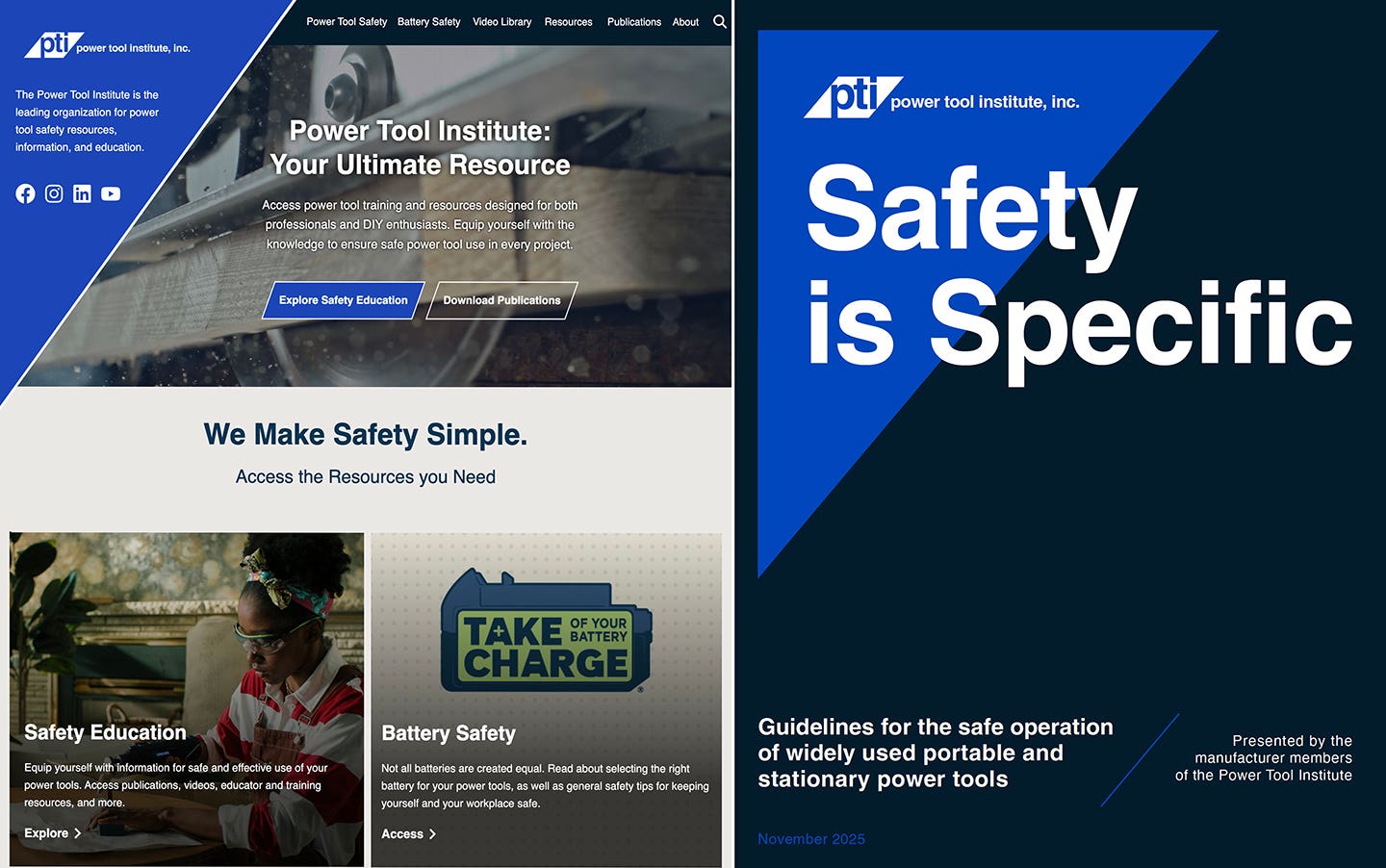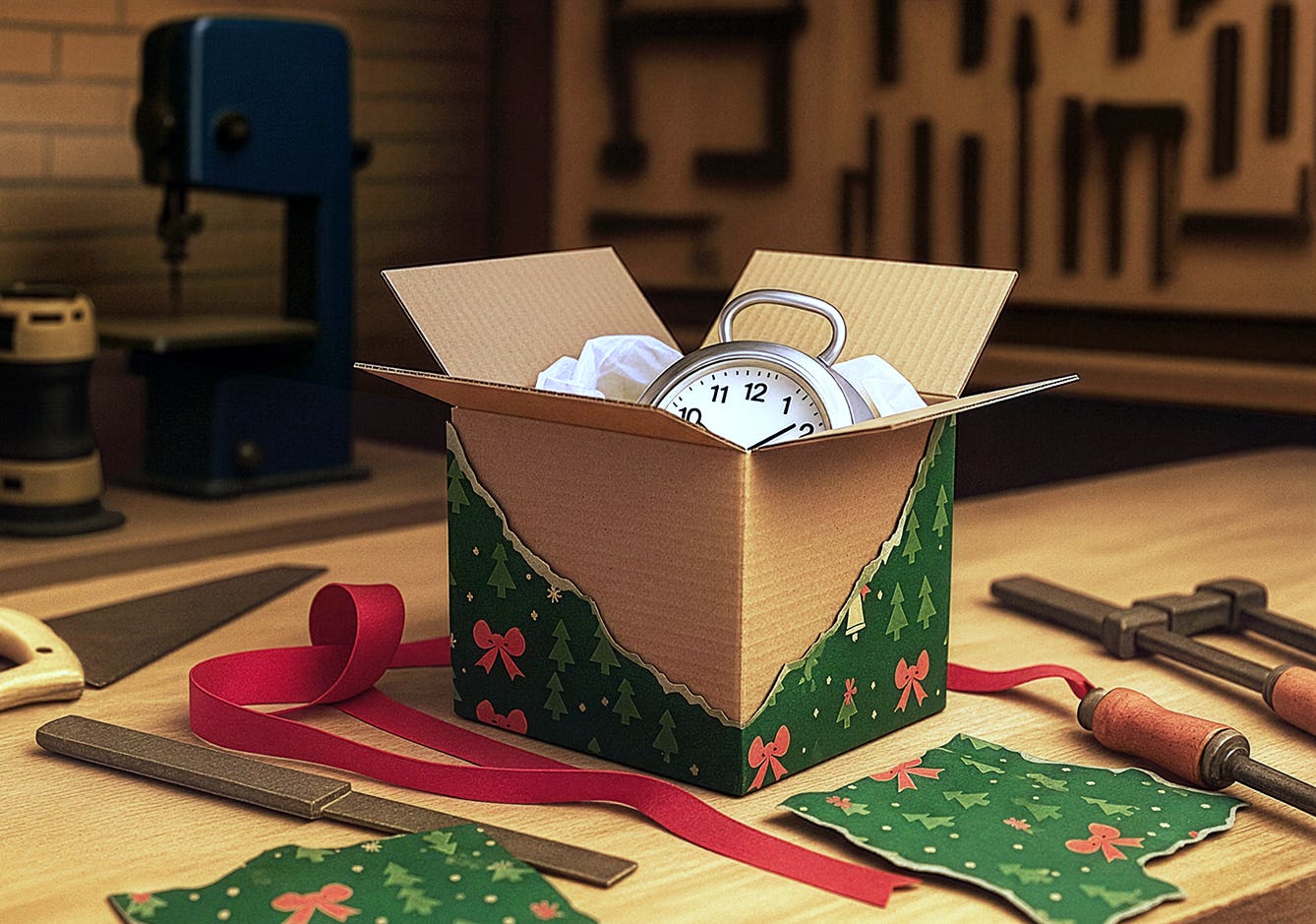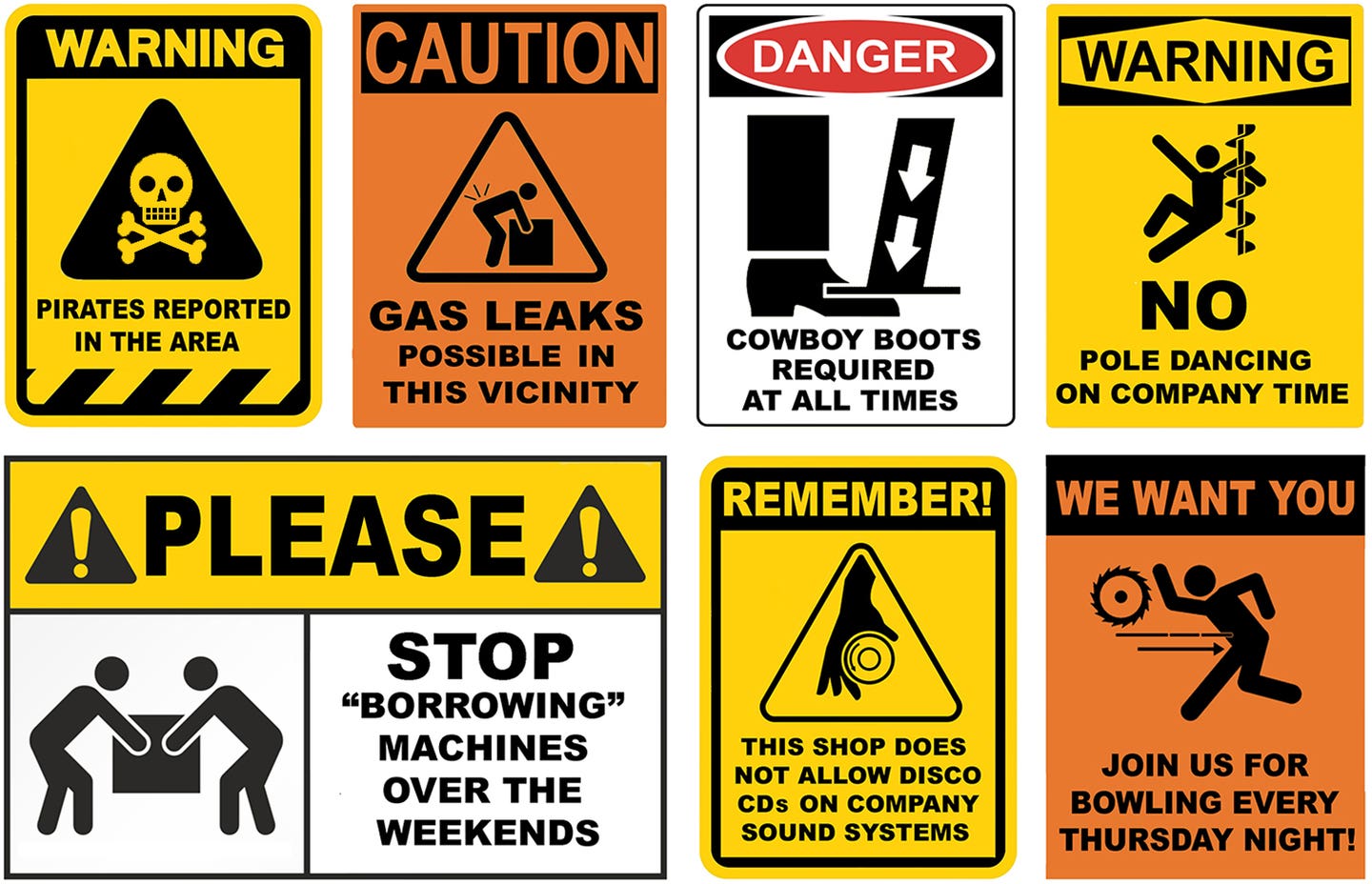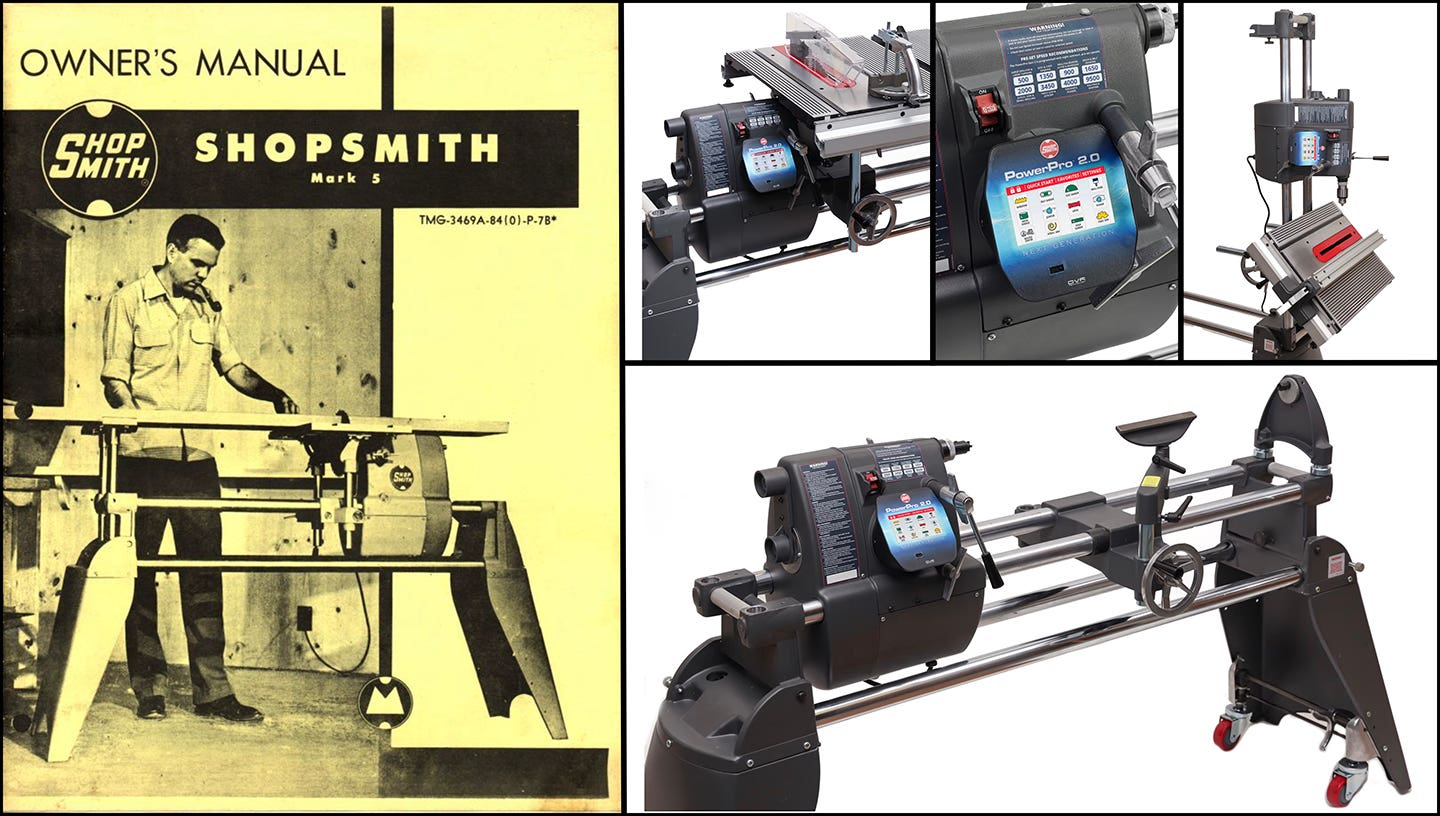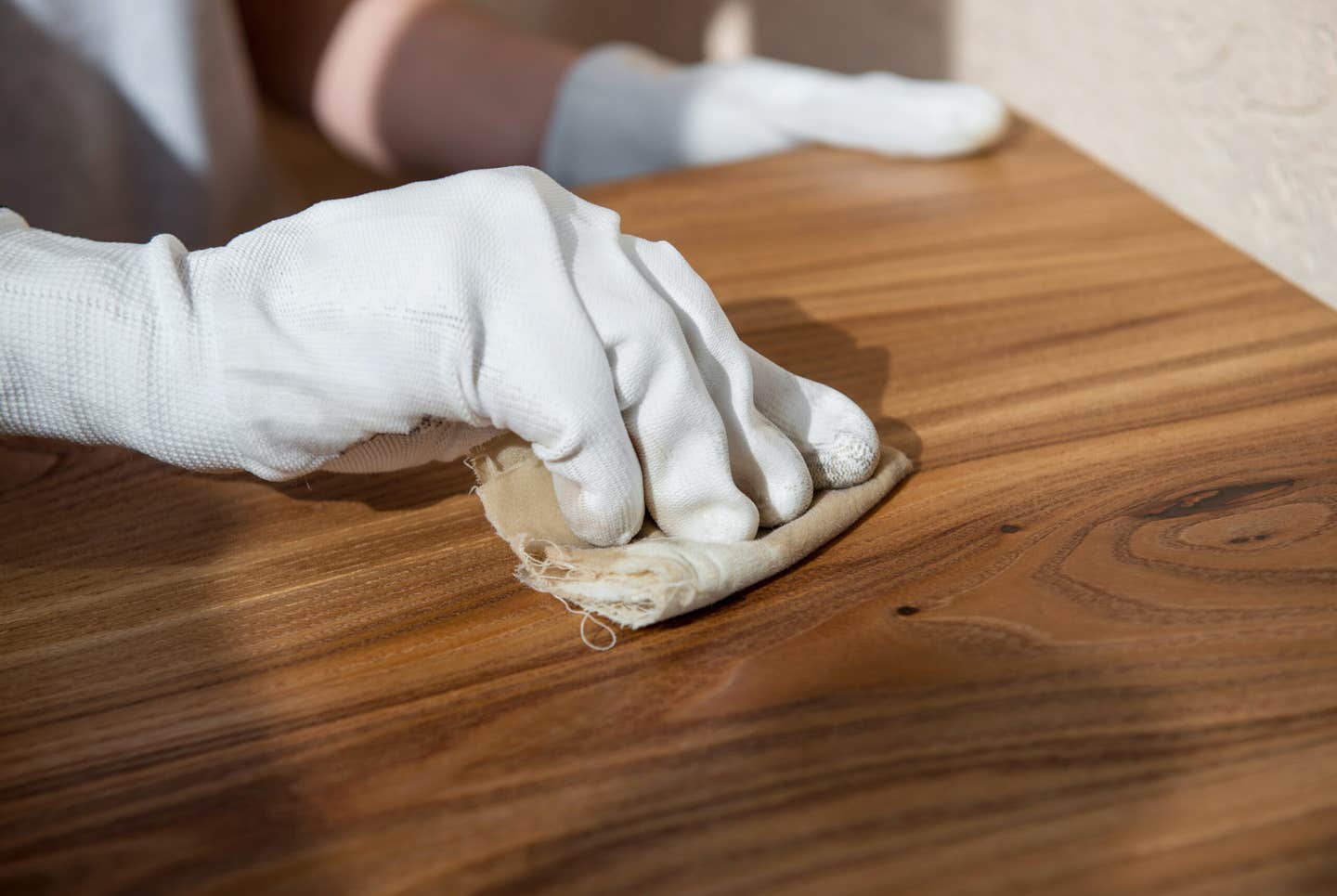Theres a silver lining in your downtime
When significant events like the recent earthquake and tsunami in Japan or turmoil in the Middle East occurs, the media coverage is extensive. Exploiting the misfortunes of others for their…
When significant events like the recent earthquake and tsunami in Japan or turmoil in the Middle East occurs, the media coverage is extensive. Exploiting the misfortunes of others for their own purpose is something we've come to expect from some in the media.
{loadposition position10}
Closer to home, the economy has been in the tank, forcing widespread change for millions. This is hardly a news flash. And, true to form, the media has been all over it. It's easy to turn a deaf ear to old news, especially when we hear promising reports of new and vibrant growth set to occur in our economy. But what can you believe? I've learned not to take such things too seriously. I'm not saying I don't worry about what's going on. I just know there's nothing I can do about big-picture events beyond my control.
This was never truer than the events that transpired last year. My 20-year-old business took a hit so hard I actually spent some time researching the local job market. In spite of this uncertain future, my business is surviving. But I've had to ask myself: how and why? What is it I have learned from this extended dry period? I could give you several tips from my years of experience that would no doubt be beneficial, but would they be relevant to your situation? Chances are it would just be useless "advice" destined to line tomorrow's cat box. Sometimes, we just have to accept the fact that success or failure is not always a direct result of effort. In other words, stuff happens. To help explain, please indulge me in a short story.
The storm
Every story needs a little background to set the stage. This one starts during the first weeks of December 2009. Coming off my company's best year ever, I had optimism for the 2010 despite losing two jobs in the queue because of nervous consumers. One of the strengths I always felt we had in our niche market was the long lead time of contracted work. The ability to maintain such a full schedule allowed us tremendous stability. In addition, I had the luxury of being able to pick and choose both the jobs and clients with which I wanted to work.
Coming into the 2009 holiday season, I had a great job lined up to start out the new year. Although I was starting to see the effects of a slower economy, the sheer size of this upcoming job was set to keep me in sawdust for a third of 2010. Instead, I received a dreaded call from the client saying they were pulling out of the project and wanted to have their non-refundable deposit returned. That lump of coal in my stocking not only crippled the work flow, but literally took the wind out of my sails. We were fortunate enough to patch together work for the first half of the year, but were completely unprepared for the silence we found during the summer months.
The aftermath
A lot happened to my psyche during the hot summer months of 2010. Although the work disappeared, I never gave up hope. But I did lose something that has forever changed my outlook on the business landscape - the idea that working hard guarantees success. Like a panicked vinedresser about to lose his precious crop to blight, I cut off all the branches that were rarely profitable as I tried desperately to remove this unsolicited misfortune that had infested my vineyard. This is where most columnists give you the wonderful ideas and successful plan they enacted that turned their business around. Sorry to disappoint you, but I tried and failed in drawing upon the ideas and plans extracted from years of experience. And I failed even more miserably in the things the "experts" were suggesting.
What I did discover, however, after months of frantic attempts to revive the comatose patient my business had become, was that there was nothing more I could do. This thing that happened in the economy was way beyond my control. Like a natural disaster that wreaks havoc without bias, I was caught up in the eye of the storm with no concrete plan and, even worse, no hope. I was just another tree in the path of the storm waiting to get blown down. But this realization was somehow liberating. Accepting the fact that I couldn't change what was happening set me free from the chains of confusion that shackled me.
Knowing there was nothing more I could do, I began to take an honest look inside myself. I wanted to see a more objective view of how I perceived both the world and my market base. My intention was to change me, not the surrounding storm. I don't have a business degree from Harvard. I simply learned to swim with the fish through common sense, tenacity and drive. So what did I find when I started working on the fallow soil of my soul with a pickax and shovel? In a nutshell, I discovered a sense of arrogance that led me down a path of entitlement. I actually believed people were seeking me out because they valued my skill set and work ethic.
To be honest, this is partially true. However, I learned this theory doesn't hold water when the economy tanks. The clients that gave me the lump of coal were a repeat customer. I have done several jobs for them in the last 15 years. Although they sincerely appreciate my work (the repeat business proves that), the issues they were facing were from the same insurmountable obstacles the rest of us were up against. Protecting their own lives was more important than helping mine, something for which I would never fault anyone. But the lesson I learned from these events came in the form of a question: What kind of person, not business, do I want to be?
Lesson learned
OK, I lied a little bit. It wouldn't be much of a column if I didn't give you some sort of advice. So here are three simple things that should help anyone bring much-needed stability to the volatile and hostile environment they're facing:
Know what it is that you do: I mean really understand the product and/or service you provide. Don't ask yourself if you have the skill set and ability to do something. You should be asking: Do I have the ability to market that product or service that is unique to me? There is a big difference. Many people possess the exact same skills that you do, maybe even better. These people are your competitors. And when everyone is hungry, the natural order of things takes over and only the strongest survive. But only you can sell you. That is unique.
Don't listen to everything you hear: Following the economic news is no different than listening to the weather. Although the prognosticators can get it right on the money, they can also blow it and get things totally wrong. It might be wise to follow what the experts are saying, but don't bet the farm on their advice. Nine times out of 10, you'll end up being discouraged by their incessant negativity. For instance, if I gave heed to the weatherman's advice here in Seattle, I'd never complete my outside projects on time. Take a cue from the simple-minded folks who never pay attention to anything. Although they might be shallow, they're usually the happiest and most carefree people you'll encounter. That's because they don't worry about things they can't change. And this is the state of mind you need to be in to effectively combine creativity, sound judgment and clear direction.
Evaluate your personal goals, not just business goals: Being self-employed can be a 24/7 job. Even the expectations placed on employees can overwhelm their time away from work. We are a task-driven society. There is much more to life than work. I've had the pedal to the metal for a number of years. Although it can bring satisfaction to the bank account and ego, it does nothing for your peace of mind. Take time for yourself. Even though my sales have dropped significantly, my stress level has followed suit. I actually feel human again, something I have learned to value more than money.
So is there a silver lining or anything hopeful to this new economy? Absolutely. By nature, the human spirit is very resilient. But that spirit must be evaluated in order to make sound decisions. In your personal life, you can't achieve success with a narrow focus on just yourself. Decisions have to be made that benefit those with whom you share your life.
By contrast, in business we're taught to follow the money - a narrow focus that explains why a business even exists. Just don't forget that all your competitors are doing the same. When the economy is good, this system works fairly well because there's enough work to go around. But when things slow down, you have many more competitors pursuing the same jobs and often pricing them much lower than you. It's tough learning to share. When a whole pie is brought to a table of two, the stronger one will end up with more, but the weaker one is still fed. Bring that same pie to a table of 20 and many will leave empty-handed.
The point? Know the things that are really important for your long-term survival and focus on those. And cut away the dead weight. Just because you can do something doesn't mean you should, especially when it's unprofitable. Focus instead on those things that are unique to you. Dealing with short-term issues is really quite simple - don't allow negativity to make important decisions for you. Negative events can guide you to a new and better direction, but make sure that decisions are based on a positive outcome, not a negative circumstance.
And finally, don't lose yourself in all of this. You are more than the occupation or position you hold. Although you are expendable in any company, as an individual person you are irreplaceable, a one-of-a-kind creation.
David Getts is a certified kitchen designer and owner of David Getts Designer Builder Inc. in Seattle.
This article originally appeared in the May 2011 issue.


